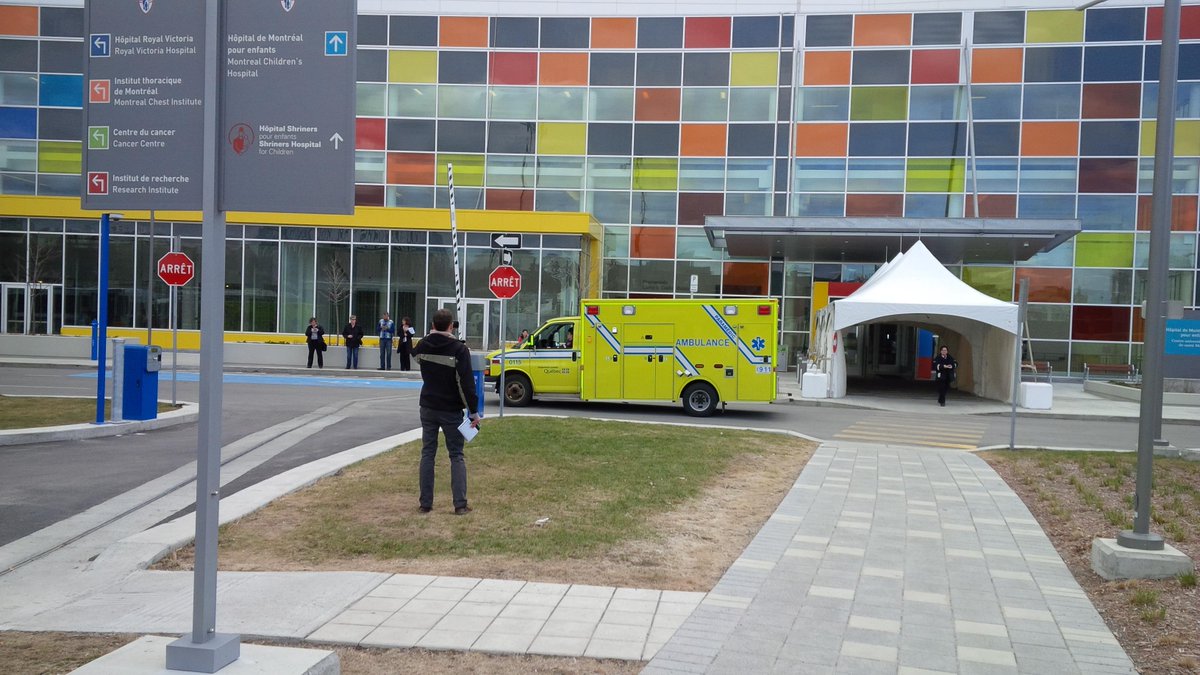I saw a most intriguing documentary this weekend focused on development of a more evolved understanding and compassionate treatment of some of our closest precursors - chimpanzees. These extremely intelligent and equally strong creatures have been used in biomedical and beahvioural research for almost 100 years now, and apparently the USA is the last industrialised country to do so.
The creation of Chimp Haven stems from a revolutionary attitude and movement dedicated to extracting these hard-working ancestors of ours and to some extent humanising them - in terms of not only freeing them of their lives-in-service (i.e. in laboratory captivity) but actually planning for their retirement - which at the same time allows them to do perhaps for the first time what they are genetically designed to do - being chimpanzees!
At the crux of the story is a website that was set up by Professor Lori Gruen, Professor of Philosophy at Wesleyan University, that monitors the journey to sanctuary of the last 1,000 chimpanzees housed in the five main research facilities that still experiment on the species. Unquestionably, the AIDS crisis saw increased use of these animals in our rather fruitless hunt for an HIV vaccine, but at least two governmental reports have found there to be very little reason to continue to use them, today, and in fact the NIH has been instructed to retire hundreds of these chimps.
Such retirement sadly does not mean a return to what we would call a totally free existence, in part due to the fact that these animals have been in captivity for several generations and would not have the skills required to survive unaided, but also due to the fact that their natural habitat erosion (guess who's also responsible for that?} has made them an endangered species. But you know, when their previous "existence" was being jailed in a cramped cage being subject to all kinds of medical experimentation, separated from social contact with their own kind, then being admitted to a chimp spa-like retreat with their gang doesn't seem like such a bad outcome!

The purpose of Chimp Haven is true rehabilitation of these animals who served, which is not entirely straightforward, as the creatures have to become socially integrated into chimp family life, perhaps for the first time, and this introduction to such a drastic change of life needs to be very carefully monitored and controlled. But it is possible, and there was something truly heartwarming to see a stressed, tired, traumatised older male go from looking on the very edge of death itself, to it actually becoming the alpha male in its new environment and family.
I use the word "it" in the last sentence purposefully, because it relates to another major aspect of the "humanisation" that I referred to above - that these highly intelligent, socially and emotionally sophisticated animals should no longer be referred to by mere numbers, and that they must have names. This is an argument that goes all the way back to pioneering Jane Goodall, who led a 55-year study of these animals in Tanzania, and who resented the status quo that argued that such "animals" should have numbers, not names.
Lori Gruen believes that these incredibly sophisticated animals, with their very individual personalities and identities, deserve to be recognised as such and be given names instead of remaining as mere research subjects with numbered tags. She has a point, not least given their many years in service to mankind and contribution to countless drug discovery efforts. All of us involved in research and drug development are aware that primates are extensively used as part of the process, but it's very easy to separate ourselves from that fact. We are able to go grocery shopping and basically never think about where that piece of chicken or pork or beef comes from, even in direct contact with the product, so you can see how easily we can distance ourselves from animal experimentation in biomedical research.
The creation of Chimp Haven and the online presence of The Last 1,000 serve as timely reminders not only of the incredible advances that have been made at the expense of animals in general but that we owe them some years of rest and retirement afterwards. People like Lori Gruen need our support in their efforts to ensure that the last 1,000 are indeed transferred to their own safe haven, and it will be a real sign of progress when her website is historic in nature, with no chimps still on the waiting list for retirement.
The fact that some chimps can live as long as 60 years happily means that for many of them, retirement is likely to be one very long holiday. Given that they had to work for decades in order to be fed and cared for and even to survive, just like ourselves, why should we deny them that "luxury"? Given how further we like to feel that we have evolved beyond primates, the fact that we are beginning to see them as more than "just animals" and incorporating some retirement planning into their lives might just prove how far we have come.
As challenging as this rehabilitation is for many of the animals who arrive traumatised and wary of their new "captors", it was truly charming to see them settle into early retirement lying in the grass playing with streams of ribbon, or "reading" the magazines that were thrown to them by friendly hands, or surrounding a giant bucket-sized frozen popsicle on a hot sunny day. It looked like pineapple flavour and judging by their reaction it must have been delicious!
The good people caring for these wonderful animals at Chimp Haven might just be indicative of the benefits of evolution after all - even during one lifetime - because not every positive and beneficial change needs to wait for 1,000 years to transpire, and there's no time like the present. Let's just hope that it takes less than 1,000 days to retire the very last of the last 1,000, and once they are all safely in early retirement perhaps we can get back to planning for and thinking about our own!
The fact that some chimps can live as long as 60 years happily means that for many of them, retirement is likely to be one very long holiday. Given that they had to work for decades in order to be fed and cared for and even to survive, just like ourselves, why should we deny them that "luxury"? Given how further we like to feel that we have evolved beyond primates, the fact that we are beginning to see them as more than "just animals" and incorporating some retirement planning into their lives might just prove how far we have come.
As challenging as this rehabilitation is for many of the animals who arrive traumatised and wary of their new "captors", it was truly charming to see them settle into early retirement lying in the grass playing with streams of ribbon, or "reading" the magazines that were thrown to them by friendly hands, or surrounding a giant bucket-sized frozen popsicle on a hot sunny day. It looked like pineapple flavour and judging by their reaction it must have been delicious!
The good people caring for these wonderful animals at Chimp Haven might just be indicative of the benefits of evolution after all - even during one lifetime - because not every positive and beneficial change needs to wait for 1,000 years to transpire, and there's no time like the present. Let's just hope that it takes less than 1,000 days to retire the very last of the last 1,000, and once they are all safely in early retirement perhaps we can get back to planning for and thinking about our own!











